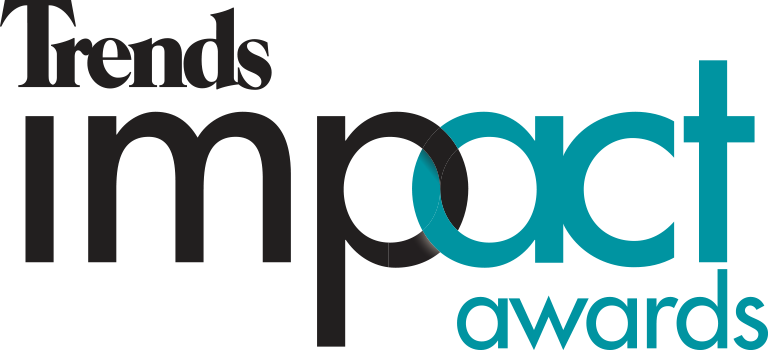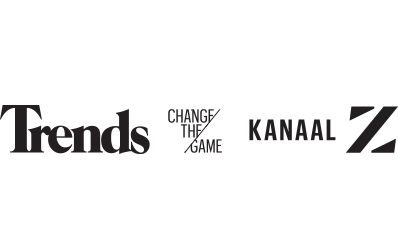
23/10/2024 – Brussels Expo
#trendsimpact
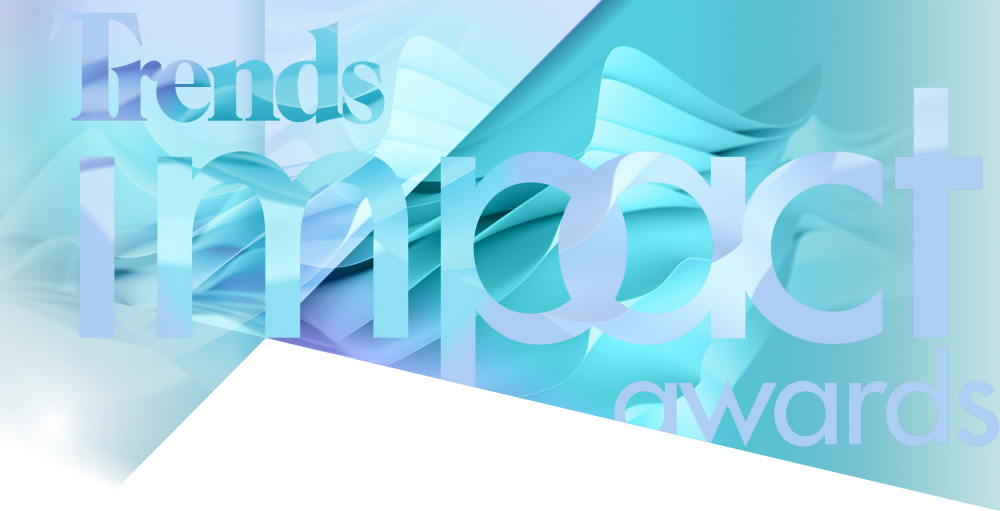

23/10/2024
Brussels Expo
#trendsimpact
Which company will be the most sustainable in 2024 ?
Will your company be nominated as ‘Most sustainable company’ in 2024 ?
Does your company carry out a sustainable project or initiative with a real impact on our society ?
If your company stands out for its positive, sustainable impact, it might stand a chance of winning a Trends Impact Awards in one of 8 categories.
After a rigorous selection by PwC and Antwerp Management School, each selected project is given a sustainability assessment, a Maturity Assessment. Your company will receive the Trends Impact label ‘Most Sustainable Company 2024’ that you can claim and use in all your communications. There will be an award for both large companies and SMEs.
Nominees 2024
TRENDS GLOBAL IMPACT AWARD
Nominees
SME
Nominees
Large companies

TRENDS IMPACT AWARD FOR ECOLOGY
Nominees

TRENDS IMPACT AWARD FOR CLIMATE AND ENERGY
Nominees

TRENDS IMPACT AWARD FOR MOBILITY
Nominees
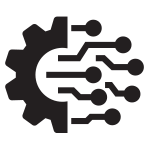
TRENDS IMPACT AWARD FOR TECHNOLOGY
Nominees

TRENDS IMPACT AWARD FOR CIRCULAR ECONOMY
Nominees

TRENDS IMPACT AWARD FOR RESILIENCE
Nominees

TRENDS IMPACT AWARD FOR WELLBEING
Nominees

TRENDS IMPACT AWARD FOR INCLUSION AND DIVERSITY
Nominees
WHAT ARE THE BENEFITS FOR YOUR ORGANISATION?
- An assessment of your project in terms of sustainability.
- A Maturity Assessment per category written by PwC based criteria and methodology developed by Antwerp Management School to compare you with your peers.
- A presentation of your project in front of a team of experts with immediate advice to optimise your score.
- The chance to win one of the Trends Impact Awards.
- For each redeemed nomination, the Trends Impact Label that you as a company can use in all your communications.
THE MOST PRESTIGIOUS AWARDS FOR COMPANIES WITH A SUSTAINABLE IMPACT.
The Trends Impact Awards are Belgium’s most prestigious awards and aim to recognise organisations and projects who are implementing (or have implemented) strategies which generate a positive impact and create sustainable value.
Not one but several Trends Impact Awards for equally impactful projects.
The broad consensus towards ESG criteria and SDG goals makes it hard for companies to stand out in every one of the categories. Yet we still find inspiration across different domains in many of our Belgian businesses.
FOR COMPANIES BOTH LARGE AND SMALL
Large companies are not the only one who are eligible for the Trends Impact Awards.
Small businesses and SMEs can also win one of the awards.
For each category, a distinction is made between SME’s and large organisations.
DISCOVER THE DIFFERENT CATEGORIES. 9 CATEGORIES FOR 9 PRIZES
THE TRENDS GLOBAL IMPACT AWARD
DOES YOUR COMPANY HAVE A SUSTAINABLE PROJECT?
The Trends Global Impact Award rewards a project and a company that have performed and presented an impressive score in at least 2 different categories.
One Trends Global Impact Award is presented in the category of small and medium-sized enterprises. A Trends Global Impact Award will also be presented in the large company category.
THE TRENDS IMPACT AWARD FOR ECOLOGY
IS YOUR PROJECT PROTECTING AND RESTORING NATURE?
Today’s industrial economy is extractive, using resources at an unsustainable rate, with devastating effects on our natural environment. In December 2022, nearly 200 countries agreed the Kunming-Montreal Global Biodiversity Framework (GBF), a landmark deal to halt and reverse biodiversity loss by 2030. This can be done by supporting the health of ecosystems and stimulating biodiversity. Ecosystem services are the services that a healthy ecosystem provides to society, and they are indispensable for our economy. For example, drinking water, good soil or the pollination by bees that is necessary for all kinds of crops. We are looking for projects that protect and restore natural ecosystems, such as water purification, reforestation, rewilding, nature conservation, regenerative agriculture, or biodiversity improvement.
JUDGING CRITERIA
Increases biodiversity, i.e. species of plants, insects and animals
Returns previously degraded or unused land to nature
Supports ecosystem services, e.g. water purification, pollination
THE TRENDS IMPACT AWARD FOR CLIMATE AND ENERGY
IS YOUR PROJECT REDUCING CLIMATE IMPACTS?
Today’s fossil-fuel driven economy is having serious impact on our climate. In 2015, nearly 200 countries adopted the Paris Climate Agreement, with a goal of reaching net zero carbon emissions by 2050. The science suggests we need to halve emissions every decade between 2020 and 2050 in order to keep warming below 1.5 degrees. The necessary energy transition this implies affects every sector of the economy and will need solutions ranging from the rapid scaling of renewable energy and battery storage technologies, green ammonia and green hydrogen, smart grids, energy efficiency, plant-based diets, cultivated meat and precision fermentation. We are looking for projects that reduce carbon emissions in line with science-based targets. Note: climate adaptation projects are covered by the Resilience Award and electric vehicle projects are covered by the Mobility Award.
JUDGING CRITERIA
Reduces dependence on fossil fuels
Aligns with science based targets for achieving net zero emissions
Has the potential to adapt, scale or transfer
THE TRENDS IMPACT AWARD FOR MOBILITY
IS YOUR PROJECT REDUCING IMPROVING TRANSPORTATION?
Transportation systems, such as roads, public transportation, shipping and airports, allow people and goods to get where they are needed. They are a vital part of our economy. But today’s transport networks come at a high price to society, bringing congestion, pollution, accidents, health hazards, and climate change. If nothing changes in how we think about mobility, these negative impacts will get worse, along with increasing trade and economic growth. There are many solutions, from better public transport and switching to electric car fleets to alternative fuels like green hydrogen or sustainable aviation fuels. There are also collaborative solutions that increase transport efficiency and reduce the need for as many vehicles or journeys. We are looking for projects that make all parts of our transport system more inclusive and sustainable, for people and the planet.
JUDGING CRITERIA
Reduces negative social or environmnental impacts
Positively impacts multiple stakeholders or parts of the value chain
Has the potential to adapt, scale or transfer rapidly
THE TRENDS IMPACT AWARD FOR TECHNOLOGY
DOES YOUR PROJECT USE TECHNOLOGY TO IMPROVE THE WORLD?
According to the World Economic Forum, the Fourth Industrial Revolution is characterized by a fusion of technologies that is blurring the lines between the physical, digital, and biological spheres. Examples include artificial intelligence, robotics, the Internet of Things, autonomous vehicles, 3-D printing, nanotechnology, biotechnology, materials science, energy storage, and quantum computing. But not all technology has a positive impact on society or the planet. Not all innovation is what Philips calls “meaningful innovation”, i.e. innovation that improves our quality of life. We are specifically looking for projects that use the powerful technologies of the Fourth Industrial Revolution to tackle social and environmental challenges. For example, your project may increase social inclusion or decrease ecological damage.
JUDGING CRITERIA
Contributes to the realisation of one of the SDGs
Can demonstrate measurable positive impacts
Has the potential to adapt, scale or transfer
THE TRENDS IMPACT AWARD FOR CIRCULAR ECONOMY
DOES YOUR PROJECT TRANSFORM WASTE INTO VALUE?
Business models that deplete the earth’s natural resources through overconsumption or waste are linear. In contrast, according to the Ellen Macarthur Foundation, there are three elements of the circular economy approach: eliminate waste and pollution, circulate products and materials (at their highest value), and regenerate nature (the latter is covered by the Ecology Award). For the first two elements, the 5-Rs is a useful framework: Refuse, Reduce, Reuse, Repurpose and Recycle. We are looking for projects that have the circular economy approach at the core of their business model. This may include using renewable materials or redesigning products, projects, services, production sites or processes to close the loop on material flows and eliminate waste.
JUDGING CRITERIA
Focus on the 5Rs of the waste hierarchy
Use of biological or non-virgin material inputs, i.e. recycled materials
Has the potential to adapt, scale or transfer
THE TRENDS IMPACT AWARD FOR RESILIENCE
DOES YOUR PROJECT HELP ORGANIZATIONS OR COMMUNITIES TO PREVENT OR OVERCOME CRISES?
Resilient organizations respond not only to past or current issues but also to the future. They respond proactively rather than reactively or defensively to unexpected events instead of a defensive response. Resilience allows organizations to achieve positive outcomes despite severe disruptive. They absorb strain and preserve (or improve) functioning despite adversity. They recover or bounce back from untoward events. And they use foresight to anticipate and prepare for both adverse and favorable events. Resilience organizations are learning organizations, with a robust structure of processes, procedures, systems, and people that can effectively handle crises. We are looking for projects that increase resilience in the face of societal and ecological disruptions such as industrial accidents, health epidemics / pandemics, climate events, water crises, and biodiversity collapse.
JUDGING CRITERIA
Shows an ability to anticipate, detect, respond to, adjust to and learn from crisis events
Includes contingencies for disruptions in the workplace, supply chain and other operations
Has the potential to adapt, scale or transfer
THE TRENDS IMPACT AWARD FOR WELLBEING
DOES YOUR PROJECT MAKE PEOPLE MORE HEALTHY, HAPPY AND PRODUCTIVE?
Putting the wellbeing of people first is essential for the health of the economy, society and nature. We are looking for projects that improve the physical and/or mental health of people in the workplace and society. The post-pandemic explosion of wellbeing initiatives has shown that a one-sided approach does not necessarily improve people’s wellbeing. For example, a personal resilience workshop organised in a toxic organizational culture might ‘help’ employees to endure the toxicity longer, making the necessity to change the environment less imminent. We are looking for projects that recognize the shared responsibility of all stakeholders (e.g., employer and employee), and help ensure that people can live healthier lives, have meaningful jobs, and feel happy, stimulated and connected. Health and wellbeing are seen as an integral part of an inclusive economy, thriving society, and flourishing natural environment.
JUDGING CRITERIA
Provides inclusive benefits for multiple stakeholders
Shows a multi-dimensional approach to health and wellbeing
Has the potential to adapt, scale or transfer
THE TRENDS IMPACT AWARD FOR INCLUSION AND DIVERSITY
DOES YOUR PROJECT PROMOTE THE INCLUSION AND ADVANCEMENT OF VULNERABLE AND MARGINALIZED SOCIAL GROUPS
Inequality in society is a reality, as harsh and destructive as climate change. As a consequence, the most vulnerable and marginalized groups in society suffer disproportionately from negative economic, social and environmental impacts. Our society cannot move forward sustainably without making sure everyone is included and receives a share of the benefits. This requires changing the systems that maintain the status quo or even thrive on inequality and discrimination. We are looking for projects that acknowledge inequality in all of its diverse, intersectional ways, and make it their central mission to increase diversity and equity within and outside the organization. This should not be through one-off interventions, but rather pursued in systematic ways that have become synonymous with the organization’s identity.
JUDGING CRITERIA
Integrates diversity & inclusion into strategy and operations
Makes an impact internally and externally
Has the potential to adapt, scale or transfer
Methodology
21 MARCH – 2 JUNE 2024
Online qualification
Interested organisations can complete an online questionnaire. The qualification includes:
- Details of the applicant and the organisation
- Some details of the project that is being submitted and its impact today and in the future
- Some additional Yes/No questions about the company’s attitude and organisation regarding sustainability.
The qualification involves a fee of € 90 (excl. VAT) per case.
JUNE 10 2024
Jury / Selection and Communication to the Nominees per category for the second step in June
Between 17th of June and 5th of July 2024
Communication to the shortlisted nominees
Organisations and projects which are not selected will receive appropriate feedback.
The Pitch & Maturity Assessment fee:
500 € (excl. VAT) SME
2000 € (excl. VAT) Big companies
Companies selected will receive the Trends Impact Nominee label
FROM 17 JUNE TO 26 JULY 2024
Maturity Assessment
FROM 5 TO 16 SEPTEMBER 2024
All selected participants/projects will be invited to defend themselves and pitch to the members of the jury composed of journalists from Trends, representatives of PwC, AMS and important personalities from the sustainability world.
The purpose is to examine thoroughly their project and the companies initiatives and organization concerning sustainability. Based on the pitches (organized in Brussels), the jury will deliberate which will be presented in Trends and Trends-Tendances. Aim is to obtain 3 nominees per category and per type of company.
The jury deliberates also on the winners of each category and the overall winner behind closed doors. Winners will be announced on the evening of October 23th.
23 OCTOBER 2024
Trends Impact Awards Ceremony in Brussels
The winners will be announced during the gala on 23 October 2024.
24 OCTOBER 2024
Special Trends Impact Awards Guide
On October 24th Trends and Trends-Tendances will present a Special Trends Impact Awards Guide with the presentation of all tops3 projects and winnars. The Special will be joined to the regular magazine and also distributed on the evening of the award show on October 23th
Jury members and members of the expert groups

Annebeth Bels
Valorization manager and senior researcher
AMS/UAntwerp
Jury category:
Inclusion & diversity
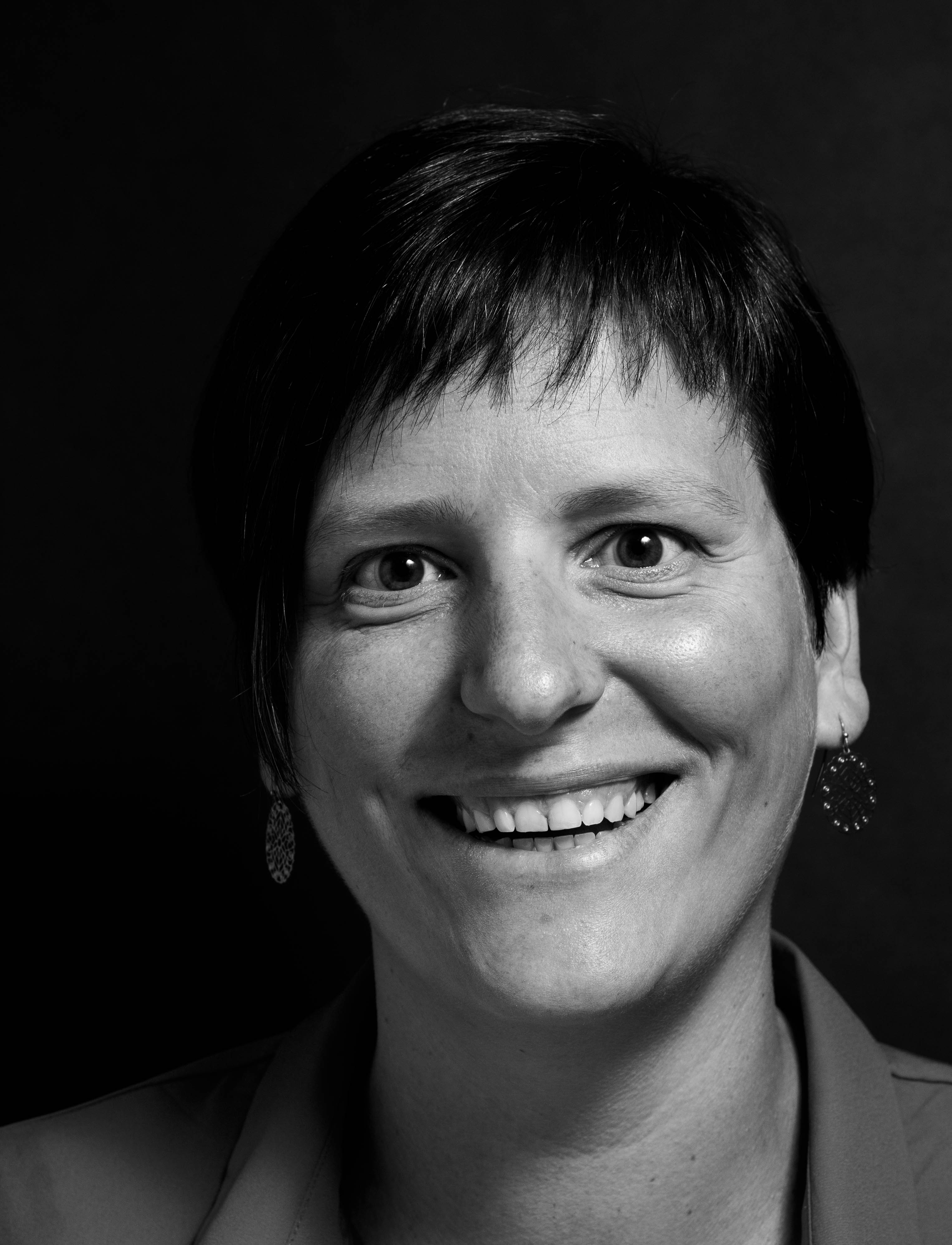
Annelies Van De Slijke
Team manager Culture & Connection
Telenet
Jury category:
Wellbeing
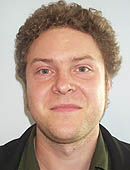
Benny Debruyne
Journalist
Trends
Jury category:
Climate & energy
Global
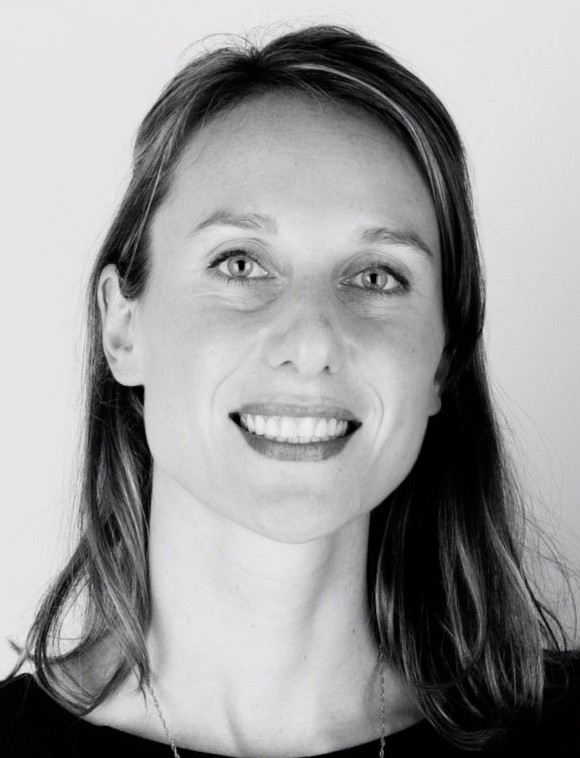
Camille Châtelier
Co-Founder & Co-Director
MOJO Agency
Jury category:
Resilience

Camille Delannois
Redactrice
Trends-Tendances
Jury category:
Ecology
Global

Caroline Lallemand
Journalist
Trends-Tendances
Jury category:
Mobility
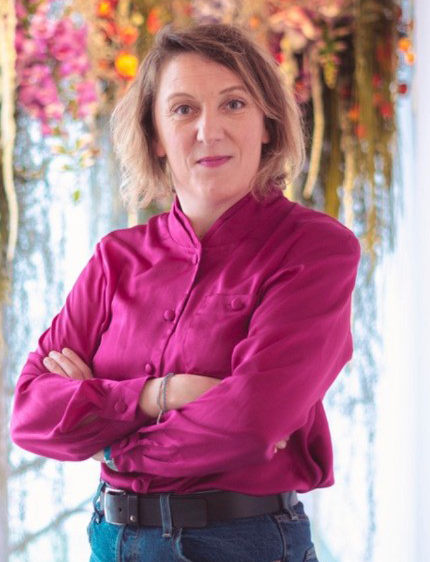
Charlène Crespel
CEO
BeCentral
Jury category:
Inclusion & diversity
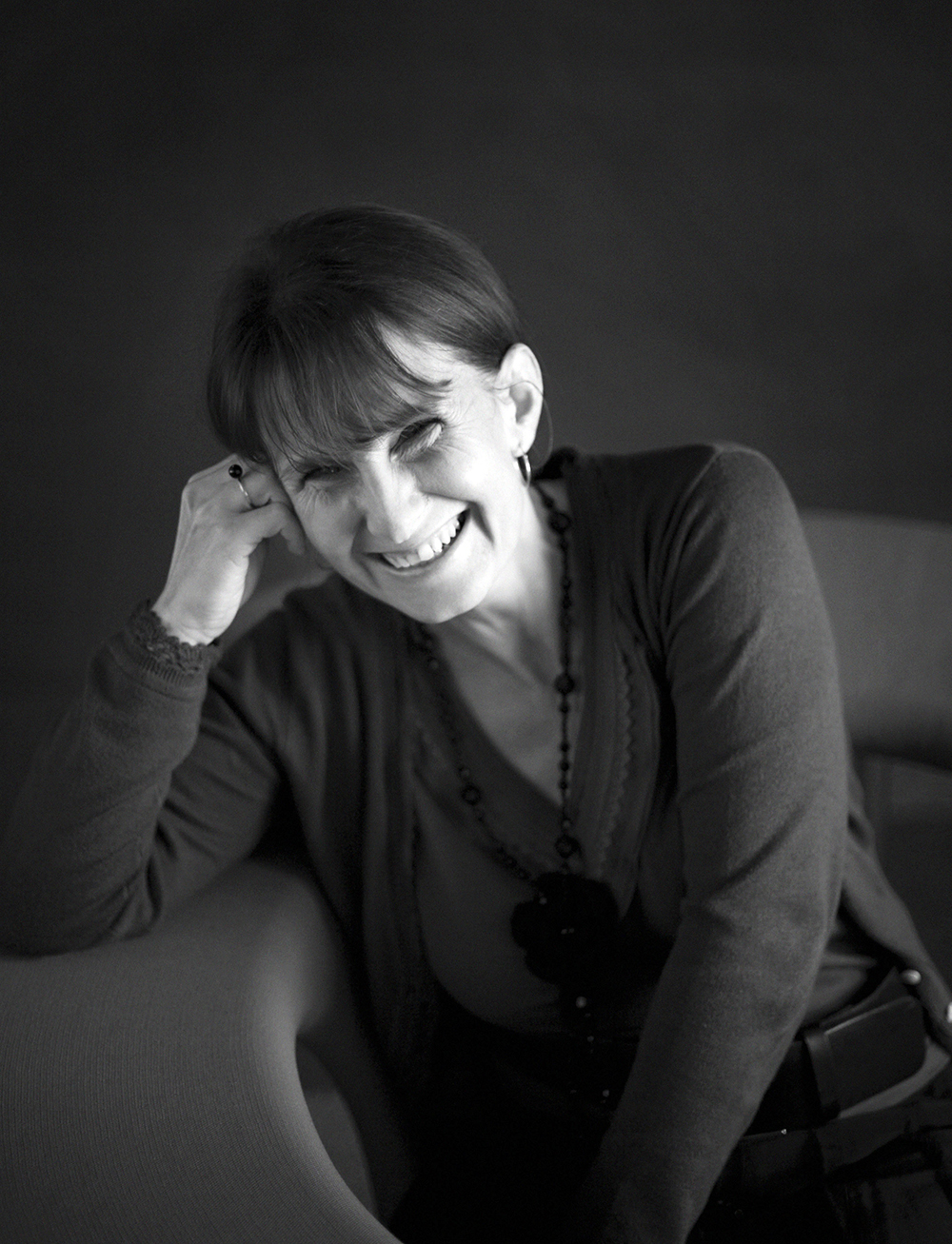
Chris Van Gils
Sustainability communication expert
Jury category:
Circular economy
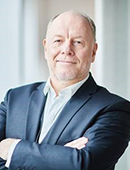
Christoph Vanderstricht
rbr Expert Circular Economy & Sustainable Value Chains | Strategy & Transformation
PwC Belgium
Jury category:
Circular economy
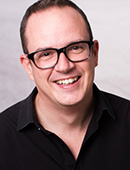
Christophe Charlot
Redacteur
Trends-Tendances
Jury category:
Technology
Wellbeing

Dennis Hens
Senior Manager Technology Consulting & Digital Transformation
PwC Belgium
Jury category:
Mobility

Dimitri Laurent
Head of R&D
Knauf Insulation
Jury category:
Resilience
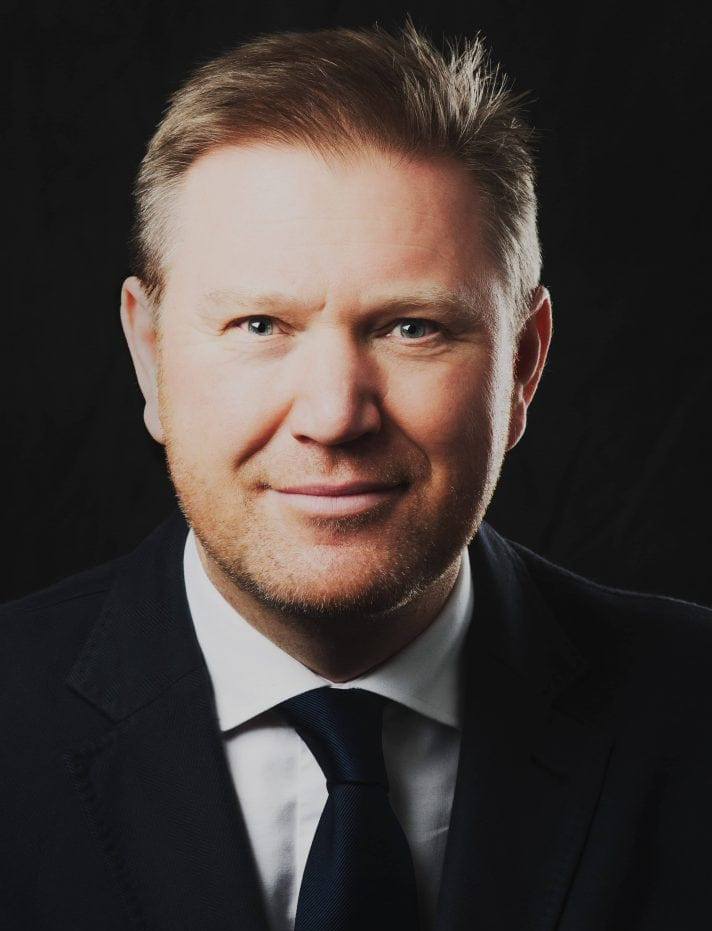
Edouard Cambier
Administrateur
Seed Factory & BECI
Jury category:
Mobility

Engelina Chaillet
Researcher Next Generation Work
AMS/UAntwerp
Jury category:
Inclusion & diversity
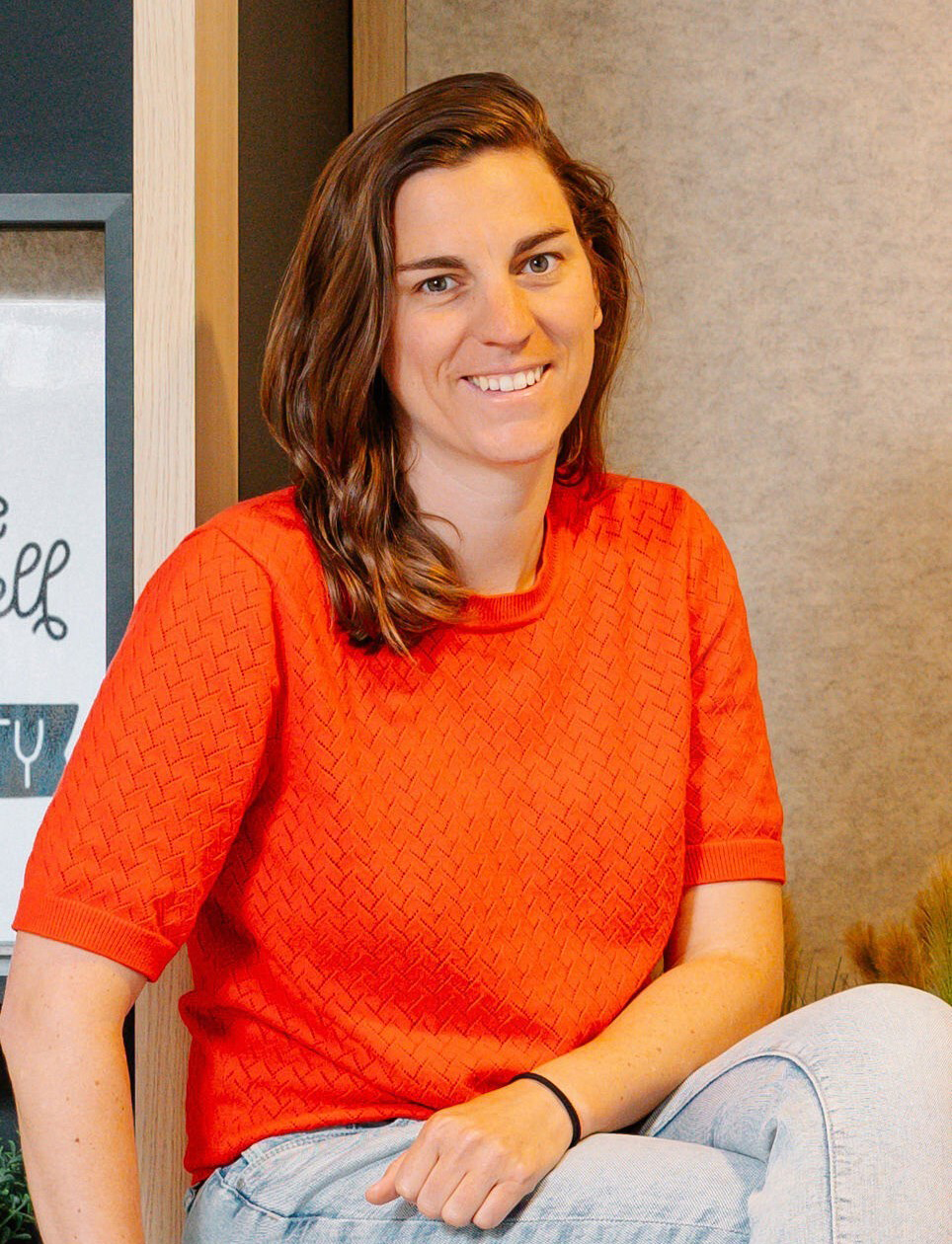
Fien Vanden Hoof
Wellbeing officer
Elia
Jury category:
Wellbeing
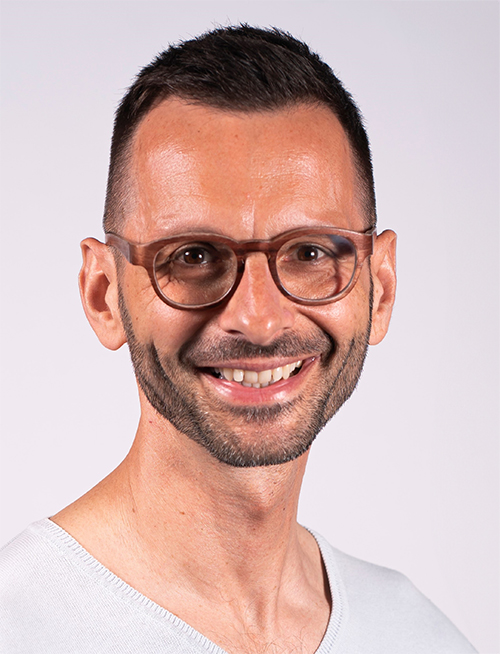
Greg Renders
Global Diversity, Equity & Inclusion Director
Syensqo
Jury category:
Inclusion & diversity

Gretel Schrijvers
CEO
Mensura Group
Jury category:
Wellbeing

Gwenny Thomassen
Postdoctoral Reseacher at the CE Center
UA
Jury category:
Circular economy
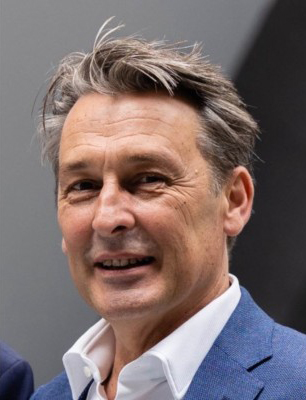
Hugo Marynissen
Prof. Dr. - Co-holder of the Chair of Crisis Governance
University of Antwerp
Jury category:
Resilience

Ilse De Witte
Journalist
Trends
Jury category:
Resilience

Jan Beyne
Sustainable Development Specialist & Academic
AMS/UAntwerp
Jury category:
Global
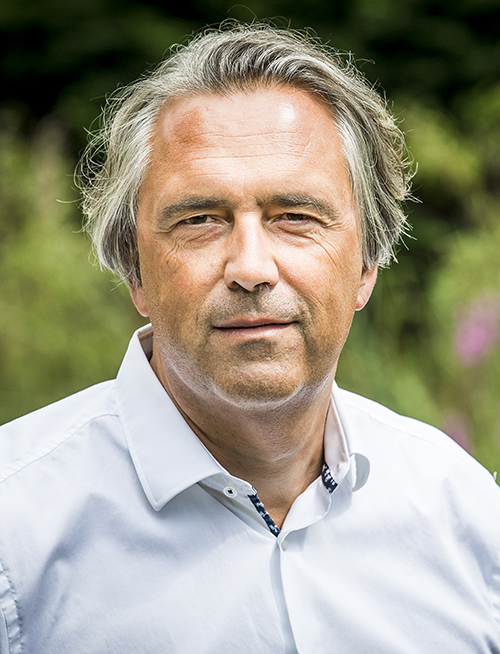
Jan Goossens
CEO
Aquafin
Jury category:
Ecology

Jan Staes
Professor
Uantwerp
Jury category:
Ecology
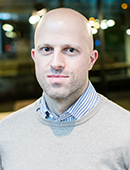
Jef Poortmans
Journalist
Trends
Jury category:
Inclusion & diversity
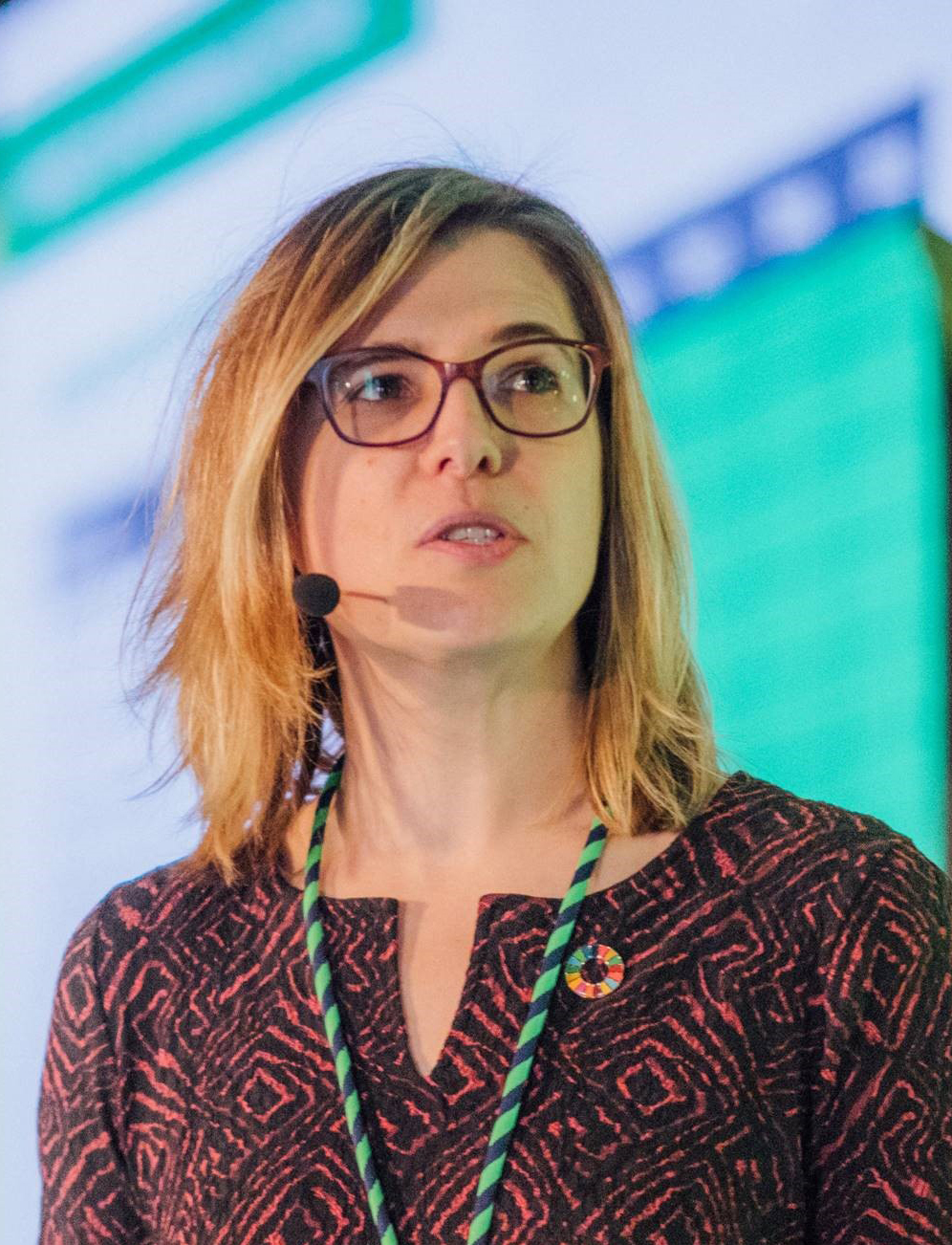
Jiska Verhulst
Sustainability Director
DEME Group
Jury category:
Ecology
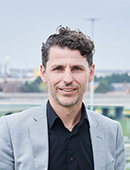
Jochen Vincke
ESG leader
PwC Belgium
Jury category:
Ecology
Global

Johan De Brauwer
Managing Director
Ziegler Belgium/Luxembourg
Jury category:
Mobility
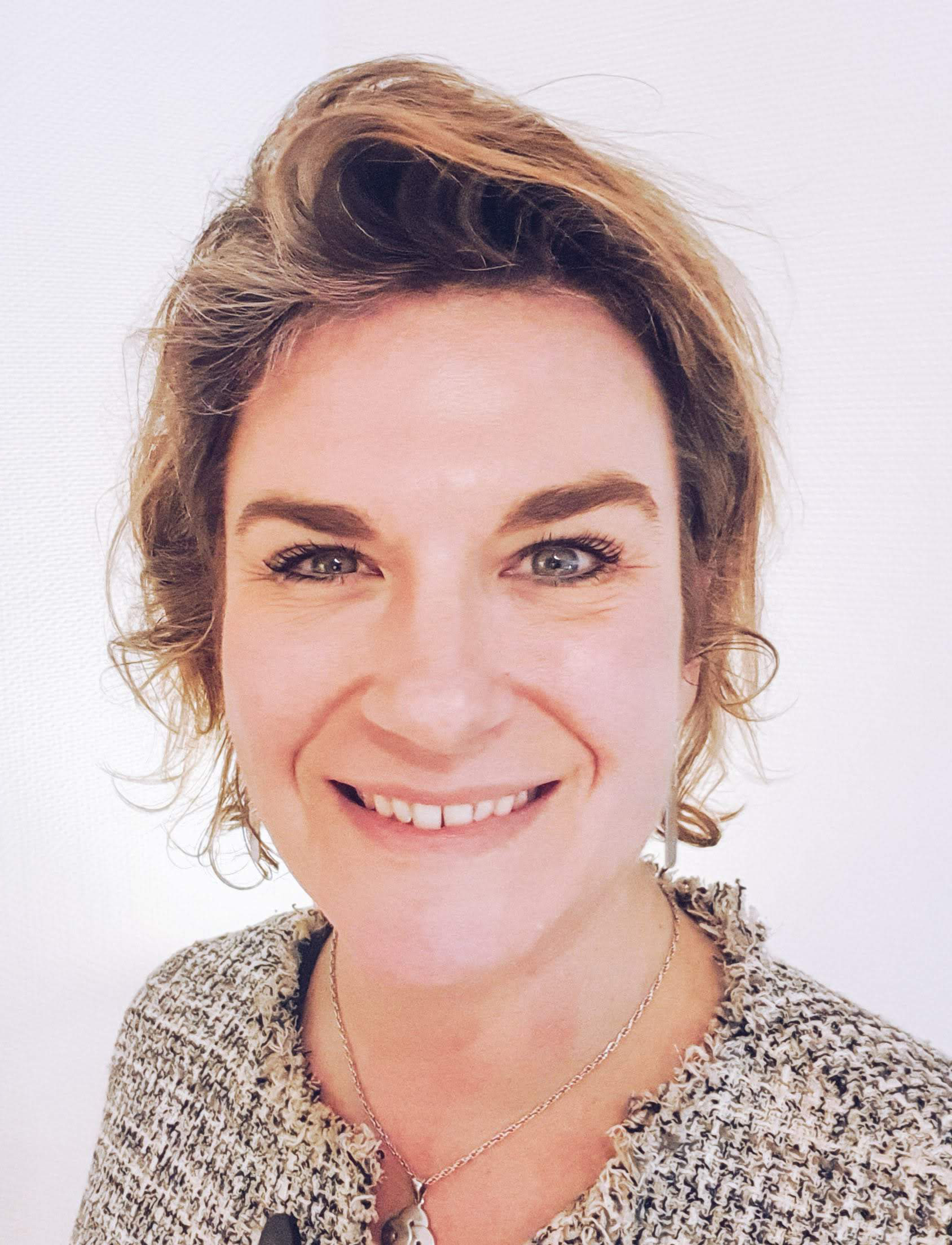
Julie Saffery
Founder & Managing Director
MORNING-BOOST
Jury category:
Inclusion & diversity
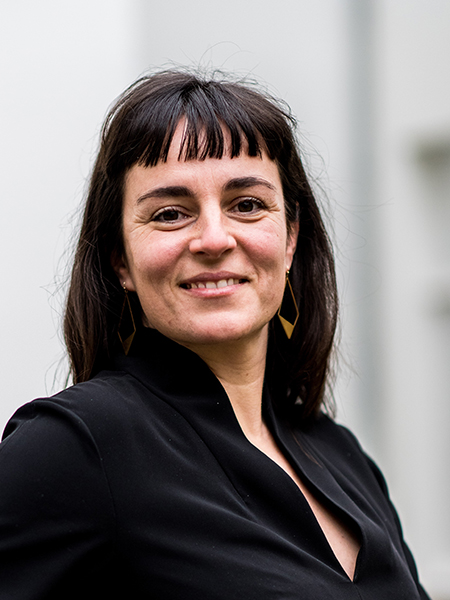
Kathleen Vangronsvelt
PhD, Assistant Professor Organizational Behavior & HRM
AMS
Jury category:
Wellbeing
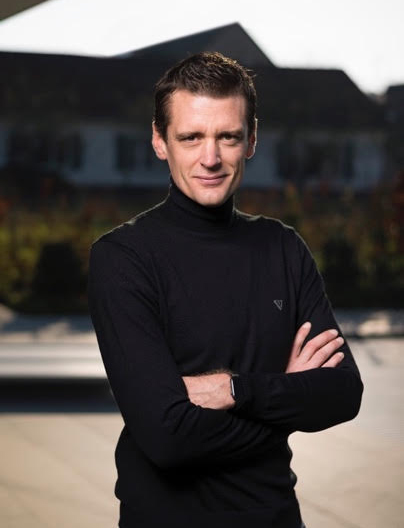
Kristof De Smet
CEO
Energy Lab
Jury category:
Wellbeing
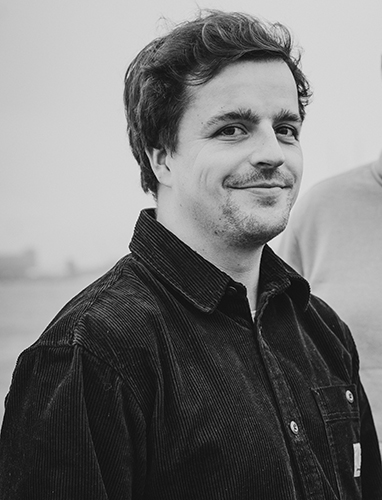
Laurent Moyersoen
Co-founder & CCO
ClimateCamp
Jury category:
Mobility

Liza Rosen
D&I and Wellbeing
PwC Belgium
Jury category:
Inclusion & diversity

Maarten Michielssens
CEO
EnergyVision
Jury category:
Climate & energy
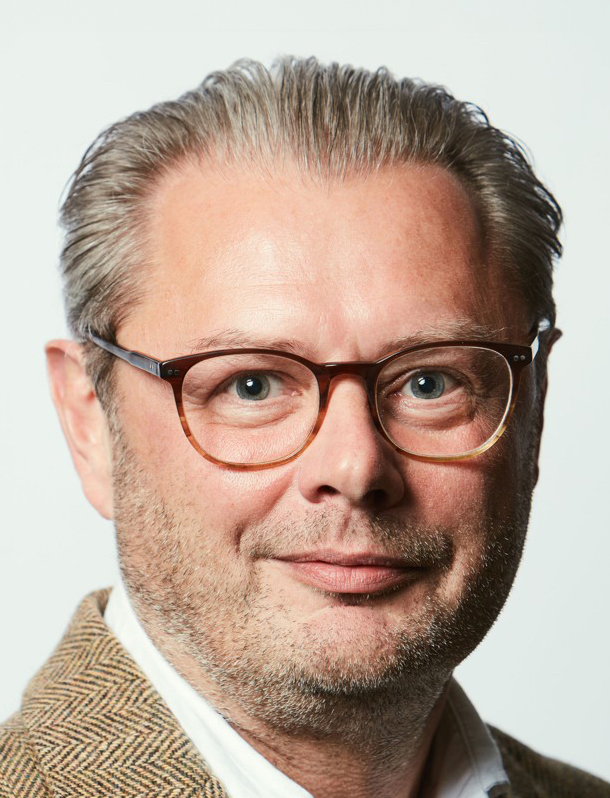
Marc Callier
Head of Sustainability Business Banking
ING Belgium
Jury category:
Climate & energy

Myrte De Decker
Journalist
Trends
Jury category:
Circular economy

Natacha Dewyngaert
Senior Manager Technology Consulting
PwC
Jury category:
Technology
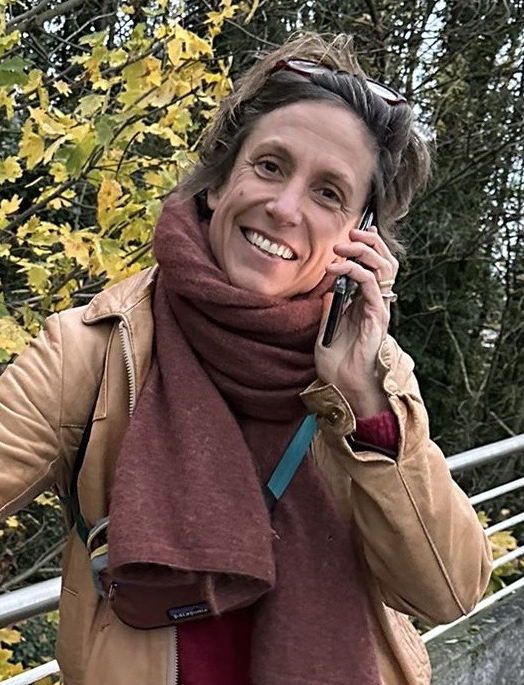
Noémie Laumont
Development Manager
La SMALA
Jury category:
Climate & energy
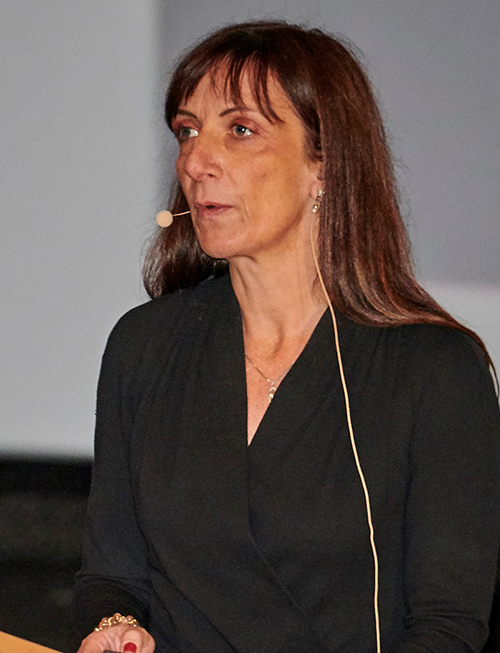
Paola Campestrini
Cluster Manager
Flanders Make
Jury category:
Circular economy
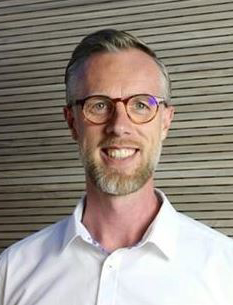
Peter Geysenbergh
Sustainability Manager Belux
SOPREMA
Jury category:
Circular economy
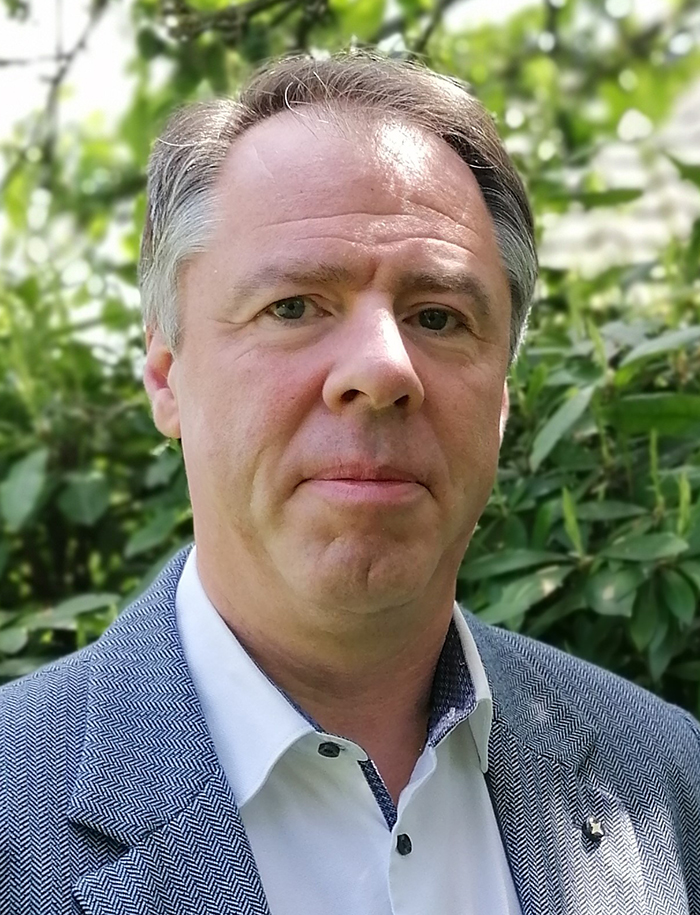
Peter Lagey
Sustainability Manager
Ziegler
Jury category:
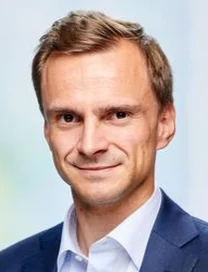
Philip Lenders
Director Management Consulting
PwC
Jury category:
Climate & energy
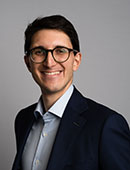
Philippe Nimmegeers
FWO Senior Postdoctoral Fellow
University of Antwerp
Jury category:
Climate & energy
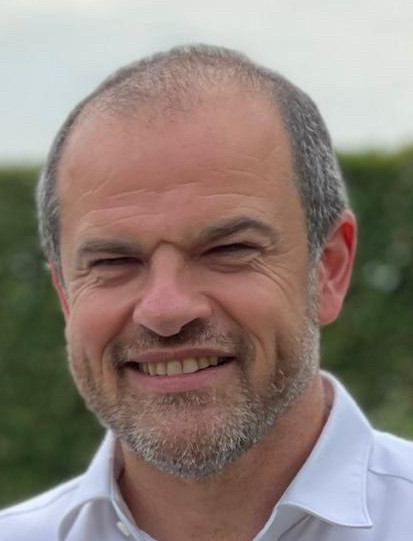
Philippe Van Ophem
Serial entrepreneur
Jury category:
Technology
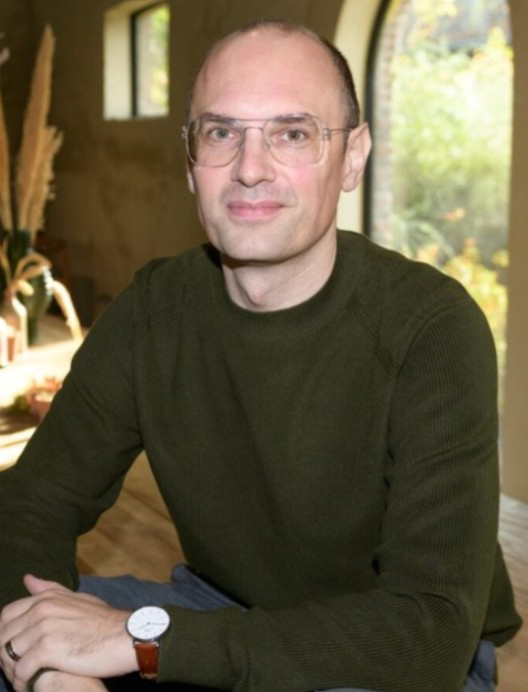
Pieter Ugille
Head of Marketing & Culture
Accent Jobs
Jury category:
Inclusion & diversity
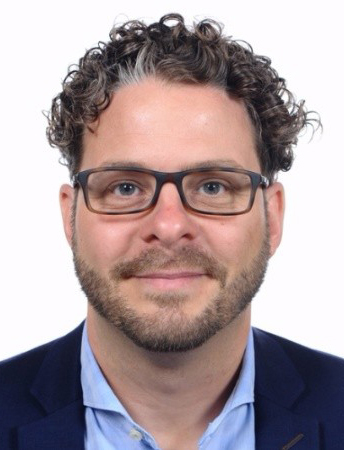
Raf Buyle
Information Architect | Innovation Lead | Postdoctoral Researcher
Digitaal Vlaanderen | Athumi | Ghent University
Jury category:
Technology

Roel Gevaers
Professor
Antwerp & Antwerp Management School
Jury category:
Mobility
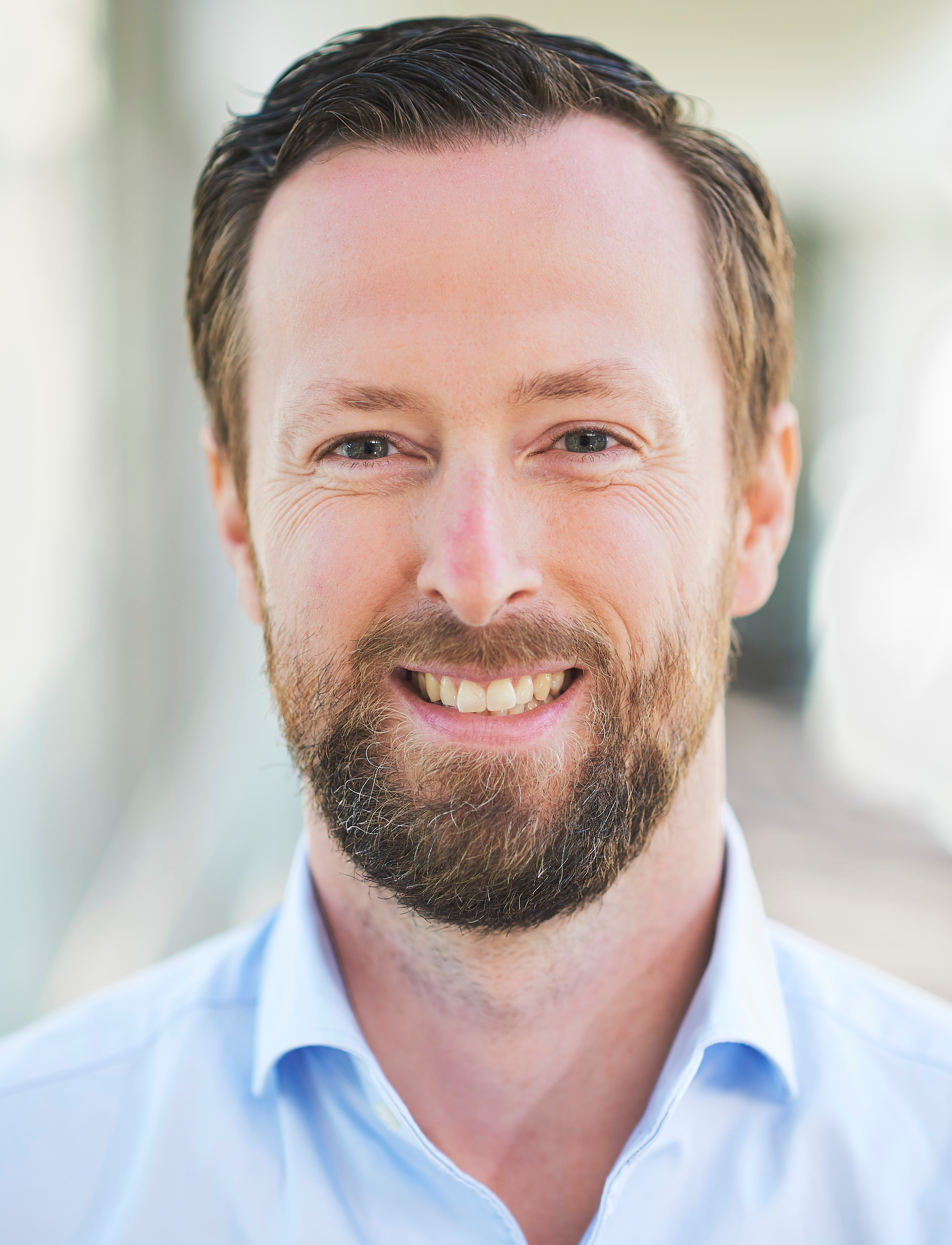
Roy Coppieters
Director; Business Resilience, Continuity & Crisis management
PwC Belgium
Jury category:
Resilience
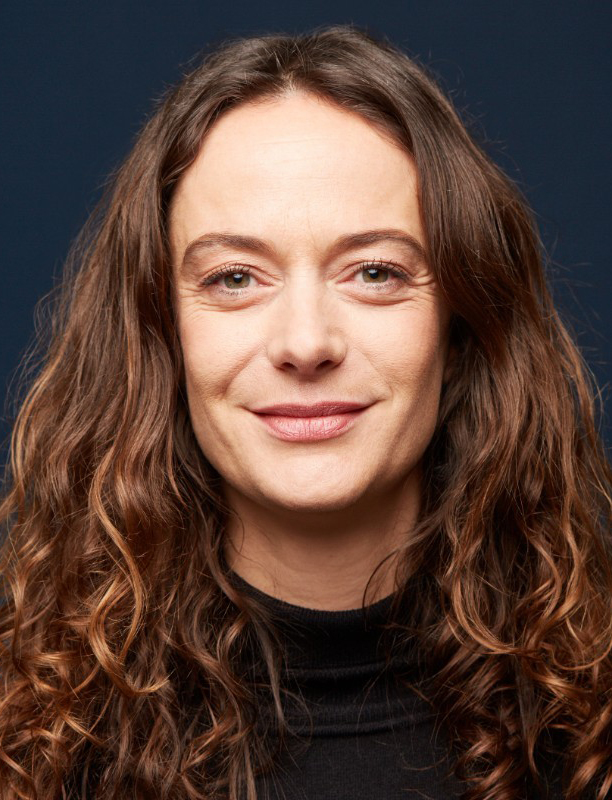
Sabrina Bulteau
Founder
Sench
Jury category:
Circular economy

Serafine Vandebuerie
Partner, People & Transformation
PwC Belgium
Jury category:
Wellbeing
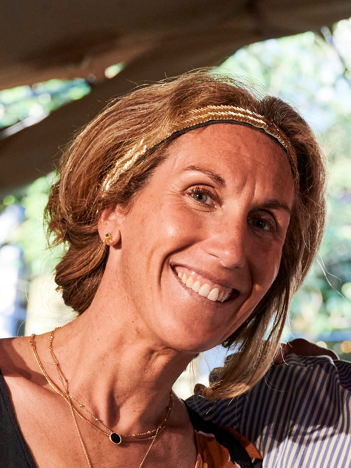
Séverine Cuvelier
Director
Réseau Entreprendre Bruxelles
Jury category:
Ecology
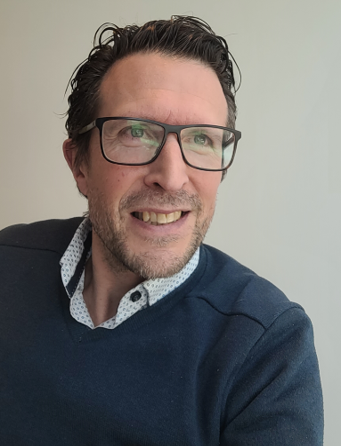
Steven De Bosschere
Sustainability Lead
Unilin Flooring
Jury category:
Circular economy

Steven De Haes
PhD, Dean, Academic Director Executive Master of Enterprise IT Architecture & IT Governance and Assurance
AMS
Jury category:
Global
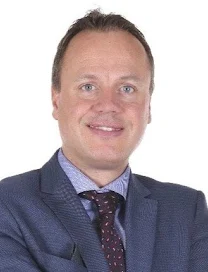
Sven Verstrepen
Logistics Advisory & Innovation Director
PwC
Jury category:
Mobility
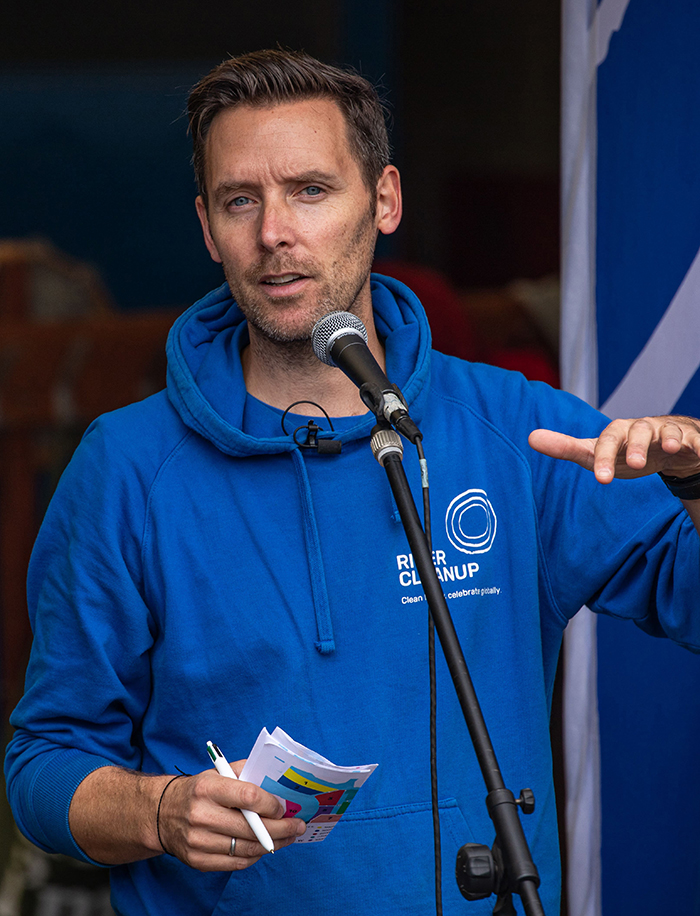
Thomas De Groote
Founder
River Cleanup
Jury category:
Ecology
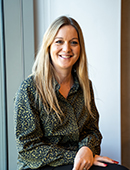
Wendy De Munter
Food & Sustainability Manager
Compass Group
Jury category:
Climate & energy

Wouter Van Bockhaven
AMS/UA
Jury category:
Technology
Pricing
Trends Impact
Qualification Fee
A complete Trends Impact Scan
€ 90 (excl. VAT)
Trends Impact
Pitch & Maturity Assessment
The opportunity to orally defend your company and your impactful project in front of the members of the jury
The option to feature the Trends Impact Awards Nominee-label.
- SME’s and small companies : € 500 (excl. VAT) (including 1 seat for the Trends Impact gala diner = € 350 (excl. VAT))
- Large companies: € 2.000 (excl. VAT)
Trends Impact
Gala dinner
Access to the gala evening and dinner
- Seat: € 350 (excl. VAT)
- Table of 10 persons: € 3.100 (excl. VAT)
Event
The presentation of the Trends Impact Awards will take place on Wednesday 23 October 2024 in Brussels
18:00Reception & networking
19:00Academic part in auditorium style including the presentation of the Trends Impact Awards 2024
20:30Gala dinner with tables of 10 people
22:00Open bar & networking
Dress code : business
THEY WILL BE PRESENT AS SPEAKERS:
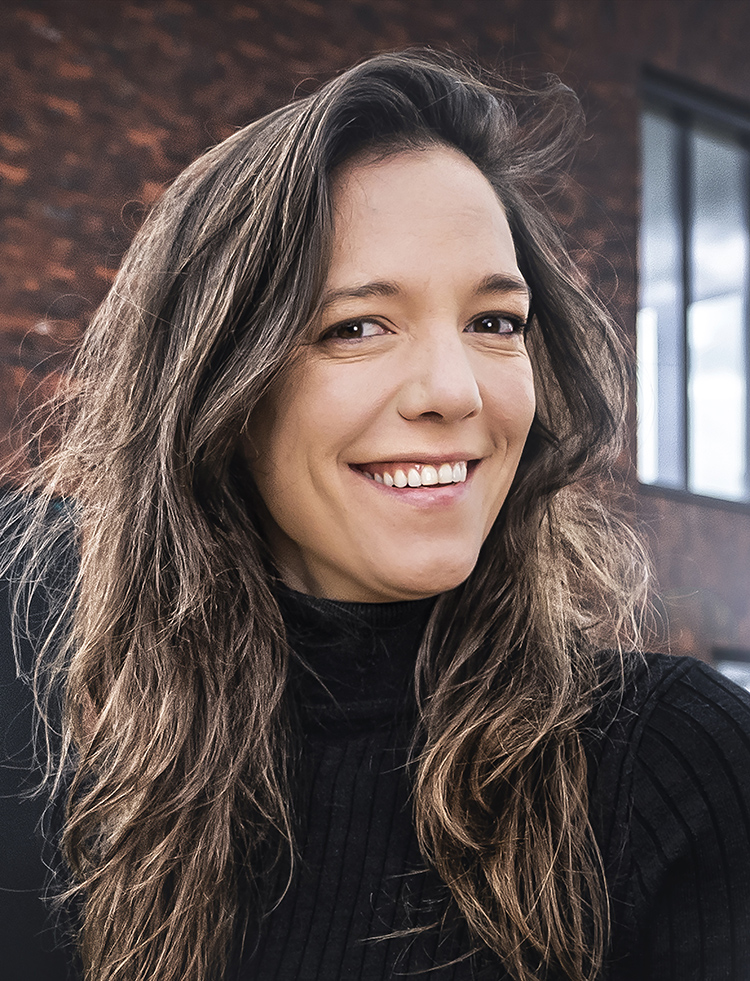
Hélène de Troostembergh
CEO BuildUp
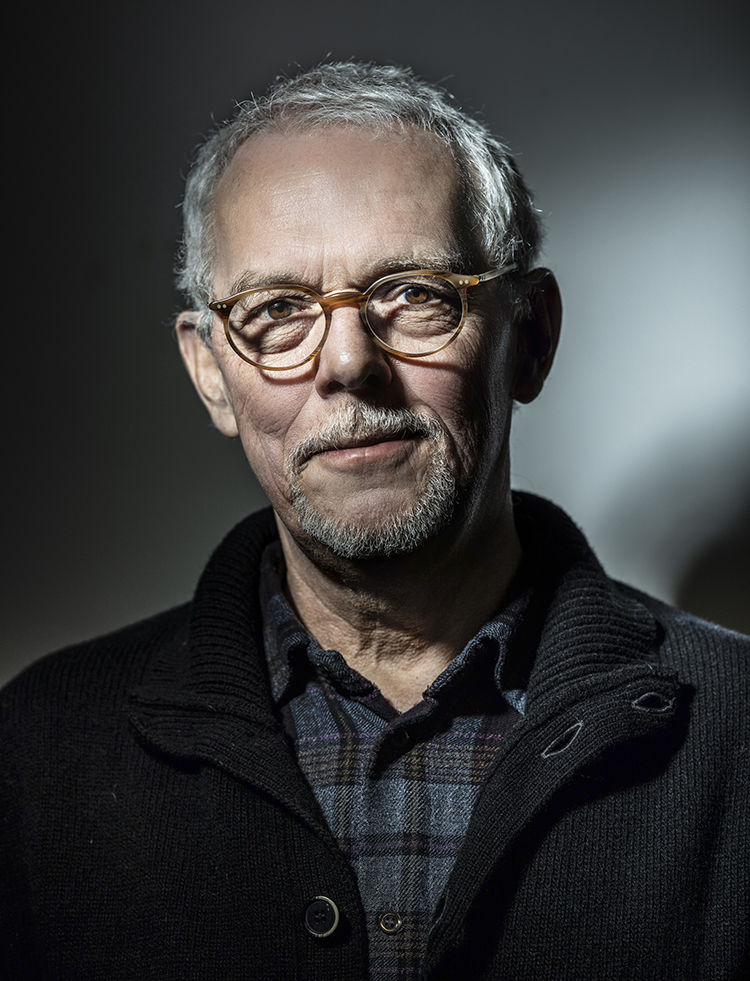
Jef Colruyt
When
Wednesday 23 October 2024, as from 6 pm
Location
Brussels Expo
Hall 10 & Foyer
Parking
Parking E
Price
€350 (excl. VAT) per person
€3.100 euro (excl. VAT) per table of 10 people
Contact
Mélanie Cramazou
Project Manager
0476/79 36 28
melanie.cramazou@roularta.be
Michaël Nevejan
Brand Manager Trends
0496/59 14 45
michael.nevejan@roularta.be
Mieke Knabben
Event Manager
0473/52 49 71
mieke.knabben@roularta.be
Invoicing
Roularta Invoicing Events
invoicing.events@roularta.be
Roularta Media Group – Copyright – Disclaimer – Privacy Policy – Cookie Settings
